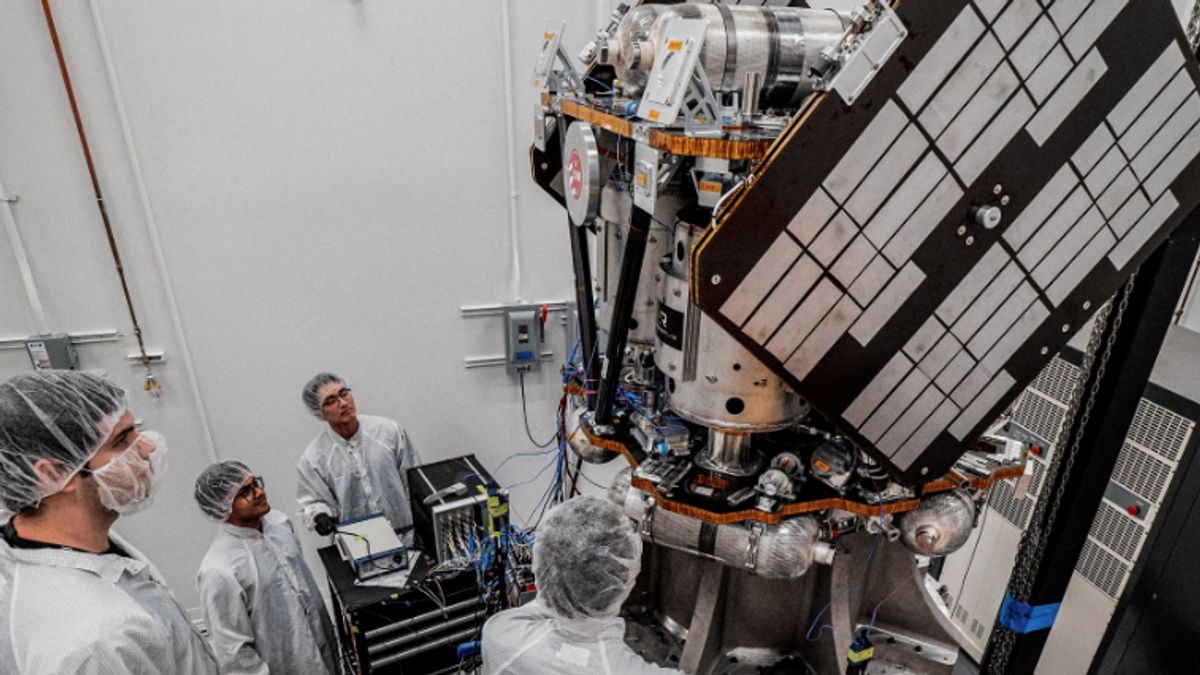Rocket Lab announced that the Escape and Plasma Acceleration and Dynamics Explorer (EscaPADE) aircraft has entered the stage of system integration, as quoted by Gizmodo.
The aircraft that supports this mission belonging to the United States Aeronautics and Space Agency (NASA) has passed the Systemal Integration Review (SIR). Therefore, the solar array, reaction wheels, separator systems, and software needs are being integrated.
Later, the EscalaPADE will be launched to Mars when it is ready for use. EscalaPADE is planned to be sent to Mars to study the magnetosphere in a Small Innovative Mission for Planetary Exploration (SIMPLEx) in 2024.
The flight integration phase for the new spacecraft is an important milestone, especially for complex interplanetary missions like this," Rocket Lab CEO Peter Beck.
Once completed with the integration process, EscaPADE will conduct testing campaigns such as vibration testing, vacuum, and electromagnetic compatibility in aircraft.
اقرأ أيضا:
For information, EscaPADE is trained to investigate various things about the magnetosphere, such as controlling the structure of the magnetosphere, guiding the flow of ions, transporting energy and momentum from the solar wind, and many others.
This mission will explore how the solar wind eliminates the Martian atmosphere to better understand how its climate changes over time," the company explained.
EscalaPADE will carry out its mission for six months. The plane, which was supposed to launch with Psyche, will be launched on Blue Origin's New Glenn rocket on Cape Canaveral Space Station.
The English, Chinese, Japanese, Arabic, and French versions are automatically generated by the AI. So there may still be inaccuracies in translating, please always see Indonesian as our main language. (system supported by DigitalSiber.id)


















